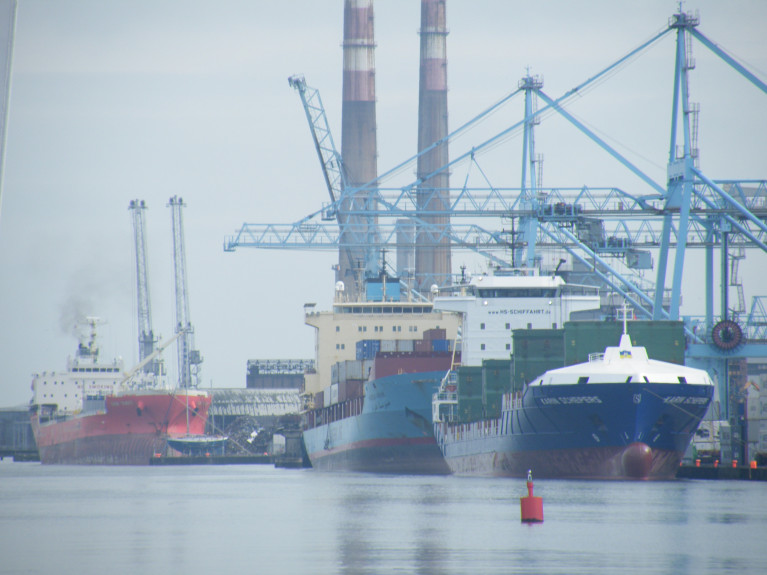The EU Commission and Council of Ministers of Transport this morning is to hold an emergency Transport Council to coordinate their action and discuss appropriate measures to be taken to support the transport sector, which has been badly affected by the Covid-19 epidemic.
Ports are the main players in the supply of essential goods and materials to European citizens, says the European Sea Ports Organisation (EPSO).
Europe’s ports are doing everything possible to ensure and guarantee the continuity of their operations in the coming weeks while protecting their staff and trying to avoid the further spread of the Corona virus.
While it is inevitable that the movement of people must be controlled and restricted, it is equally essential that goods can continue to flow to the greatest extent possible.
European ports have implemented contingency plans to ensure the continuity of their operations, in particular to ensure the manning of critical services in ports.
European ports call on the Commission and the EU member States to give priority to maintaining the transport of goods. All necessary measures should be taken to keep trade moving to ensure that essential goods and materials can be delivered to citizens throughout the EU. The closing of borders should not cut off the flow of goods.
To ensure that ports can continue to support the essential flow of goods and materials, particularly food and medicines, operators of critical and essential supply chain services in ports should be considered as a priority group in the distribution and allocation of prevention and protection material such as disinfection products, masks and gloves.
"These are extraordinary and challenging times for everybody and it is essential that the supply chains which allow essential goods and materials to move throughout Europe continue unhindered to the greatest possible extent. Europe’s ports are committed to continuing to support the flow of essential cargoes along with all other supply chain operators in the shipping, distribution and haulage sectors," says Eamonn O’Reilly, Chairman ESPO.
(Afloat adds O'Reilly is also the Chief Executive of Dublin Port where the impact of Chinese trade was previously reported)
“90% of trade with third countries and more than 1/3 of intra-community trade is going through European ports. In times of emergency, ports have an essential role in providing citizens, health services and businesses with the goods and materials they need. Europe’s ports take this public responsibility very seriously. They count on the EU and Member States to give them the support needed to play this role,” says ESPO’s Secretary General Isabelle Ryckbost.
ESPO has in the meantime developed an instrument for its members allowing the exchange of best practices on contingency plans and protective measures in different ports.


























































